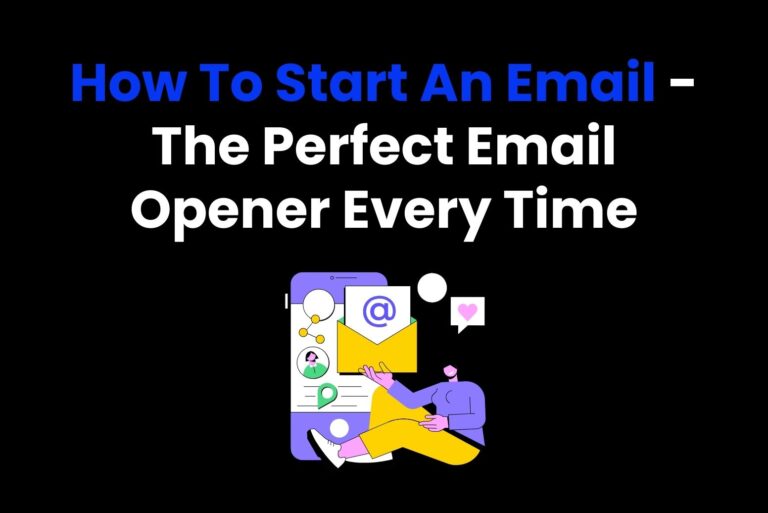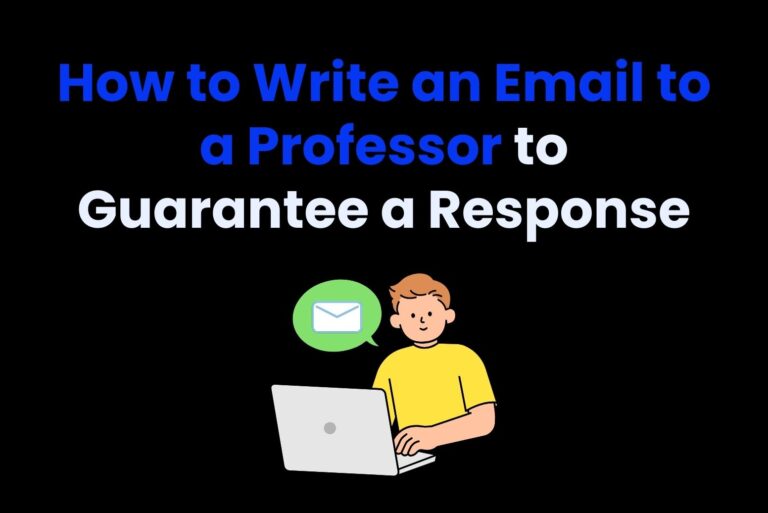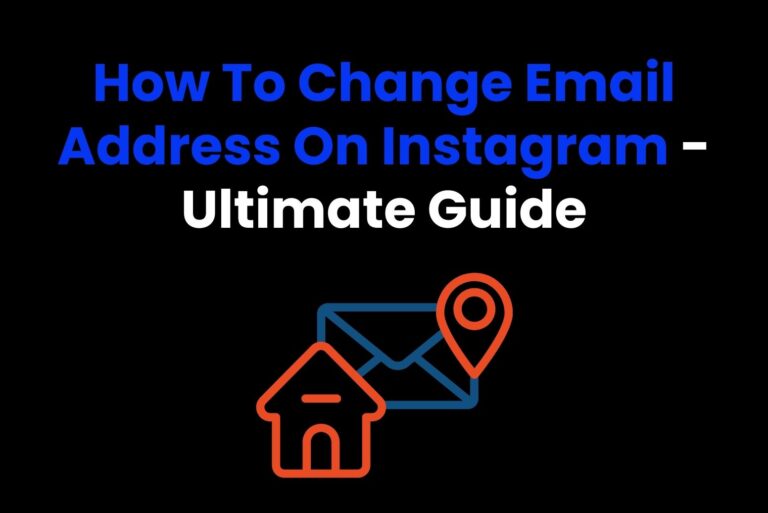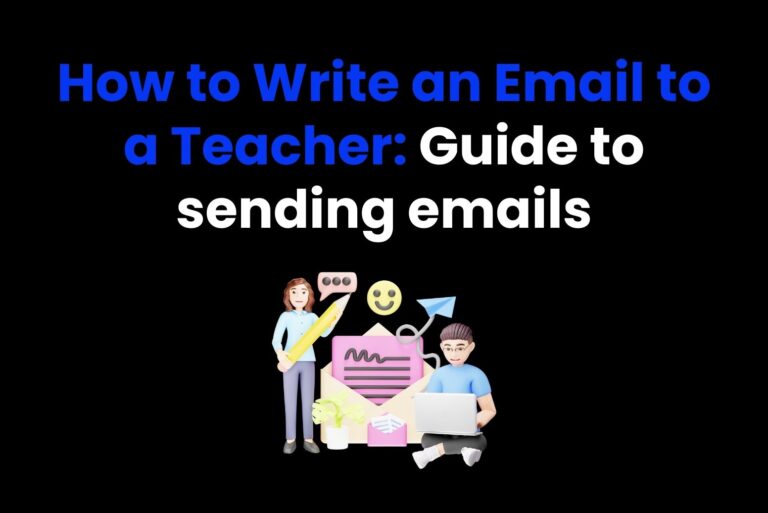How to Respond to a Rejection Email and Leave a Positive Impact
Everybody has received a no for an answer, but knowing how to respond a rejection email is another thing. That, no matter if it’s for a job or a proposal. Since anything you had your eye on and couldn’t be possible, stings.
But wait a second because how you respond is what matters. And actually, this is not just about saying, “Thanks, I guess,” and moving on.
No, your response is your chance to show you’ve got grace.
So, here we’re going to go into how to craft a response that’s not only polite but leaves a great impression. Ready? Let’s take a look!
What is a rejection email (and why do you receive one?)
To put it simply, a rejection message or email is something you get when your application is not in. And in reality, is a way of letting you know that you didn’t get the opportunity. That way, you can move on to others.
Also, there are many reasons why you might receive a rejection email. For example, it can be because the company or organization thought that another candidate was a better fit. Sometimes, it could be due to budget limits or changes within the organization.
Although rejection emails can be disappointing, they’re pretty normal. They help you understand the decision, and sometimes include helpful feedback to improve your future applications.
On a good note, remember that not getting in doesn’t mean you aren’t good enough. It’s often about timing or specific needs. Learn from it, keep trying, and you’ll be ready for the next opportunity!
Why knowing how to respond a rejection email is good for your career?
Well, let’s be real for a second: not getting in after a job interview stings. But here’s the thing—responding to that rejection email actually matters, even though most people skip it.
Honestly, we know it’s tempting to just ignore the email and move on. However, taking a second to reply can really pay off later. It could leave a positive impression on the recruiter. So, let’s go into why knowing how to respond a rejection email can be useful:
1. Show professionalism and appreciation
As we say, it truly is crucial to show professionalism and appreciation.
To begin with, when you respond to a rejection message, you’re actually thanking the recruiter for their time. After all, not every company takes a second to update you, so when they do, it’s a nice gesture to acknowledge it.
As proof of this, here’s something you could say:
Hello [Recruiter’s Name],
I’m briefly sending you this to thank you for considering me for the [Job Title] position at [Company Name]. Although I’m not content with the outcome, I truly appreciate the chance to interview and learn more about your team. Best of luck finding the right person!
Cheers,
[Your Name]
2. Build stronger relationships
Next, remember that replying to the rejection email helps you keep a good relationship with both the recruiter and the company. Nevertheless, if this opportunity doesn’t work out, your professional attitude could lead to future job openings. That’s because recruiters often remember candidates who show respect and courtesy, and they may think of you when a new opportunity arises.
3. Keep the door open for future opportunities
So, sometimes it’s just bad luck. And maybe someone else was a better fit, no big deal. Although, you actually might benefit from letting the recruiter know. As an extra, if you do this, you’re saying something like, “Hello, I’m still here, and I’m open to new opportunities.”
Therefore, just let them know you’d love to be considered for anything else if it comes up!
Example:
Hello [Recruiter’s Name],
Even if wasn’t selected for this position, I’d love to stay in touch for future considerations. Truly, I’m interested in your company and working with your team.
Thank you again for your time and consideration.
Sincerely,
[Your Name]
4. Leverage the power of recommendations
Finally, if your skills come off better in another industry or job, just ask for a letter of recommendation. After all, a good word from them could really help you in your job search. That being said, just be polite and make sure to thank them for their help.
Here’s an example of what you could say:
Hi [Recruiter’s Name],
Honestly, I totally get that I wasn’t the right fit for this job. Yet, if you find a job that meets my abilities, don’t hesitate on getting in touch. Additionally, a recommendation from you would mean a lot.
Thanks again for all your time!
Best,
[Your Name]
How to respond a rejection email: Key steps to follow
Let’s be real, when you get rejected, it can be tough. But knowing how you respond can actually help you in the future. Also, remember that your reply could leave a positive impression on the people who might hire you later or even open new doors.
Here’s a simple guide on how to respond the right way.
Acknowledge the decision
First, thank them for letting you know their decision. Even though it’s not the news you wanted, being polite shows professionalism. For example, saying, “Thanks for considering me and letting me know your decision,” keeps things respectful and positive. It does go a long way to show this kind of attitude in the professional environment. Particularly these days, people do notice!
Show your gratitude for the opportunity
No matter how things turned out, always take a moment to show gratitude for the chance. Doing so helps keep things positive and leaves the door open for future possibilities. Also, it shows that you genuinely value the opportunity you got to talk with people from the company. To illustrate this, you could say something like, “I really appreciate the time and effort you put into viewing my application”.
Ask for feedback (if it makes sense)
In the end, remember that rejection caught you off guard. So, it can be really helpful to politely ask for feedback on your application or interview. We know it may feel a bit hard to do. But in our experience, it truly does make a difference, as it speaks volumes of your unassuming nature.
That’s because this not only does this show that you’re open to learning. Adding to that, it also demonstrates that you’re up to improving.
Just make sure to ask respectfully, like, “I would really appreciate any feedback you could share to help me with future applications.” It’s a great way to grow and shows you’re serious about getting better!
Stay positive and open to future opportunities
It’s essential to convey that you remain eager to work with them in the future. Whether they suggest a potential opportunity down the line or not, expressing interest leaves the door open. For instance, you can say something like, “Although I’m not happy with the outcome, I remain very keen in your company”.
Not sure how to respond a rejection email? Let Arvin AI help you!
Getting a rejection email? That can be tough, no doubt. But how you respond is what really counts. Remember that, when you stay calm and reply the right way, you can still look professional. After all, “When one door closes, another opens,” and your response could help you find that next chance.
The key is to keep it cool. Say thank you, and avoid getting upset or trying to change their mind. Instead, be polite, show your gratitude, and stay professional. This will leave a positive impression, and who knows? That “no” could turn into a “yes” later.
Here’s a quick tip to help you get it right: try Arvin AI. It’s a Chrome extension powered by GPT-4 that makes editing your emails super easy. Whether you need to fix up your wording or check for errors, Arvin AI helps you sound confident and clear. So, why not give it a try? It’ll make responding a breeze!
FAQs
What should my tone be in a rejection email response?
So, if by any chance you’re replying to a rejection email, just keep things polite. Sure, it’s disappointing, but staying professional shows you can handle setbacks with grace.
Is it okay to ask for a second chance after a rejection email?
Honestly, probably not. It’s better to accept their decision and let them know you’re open to future opportunities. Actually, this shows you’re mature and keeps the door open for potential future chances.
Should I send a rejection email response if I’m not interested in future opportunities?
Yes! Even then, it’s still a good idea to reply professionally. That’s because a simple thank-you note is enough to keep things positive and maintain a good reputation for future networking or connections.





